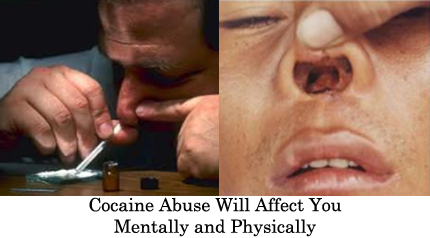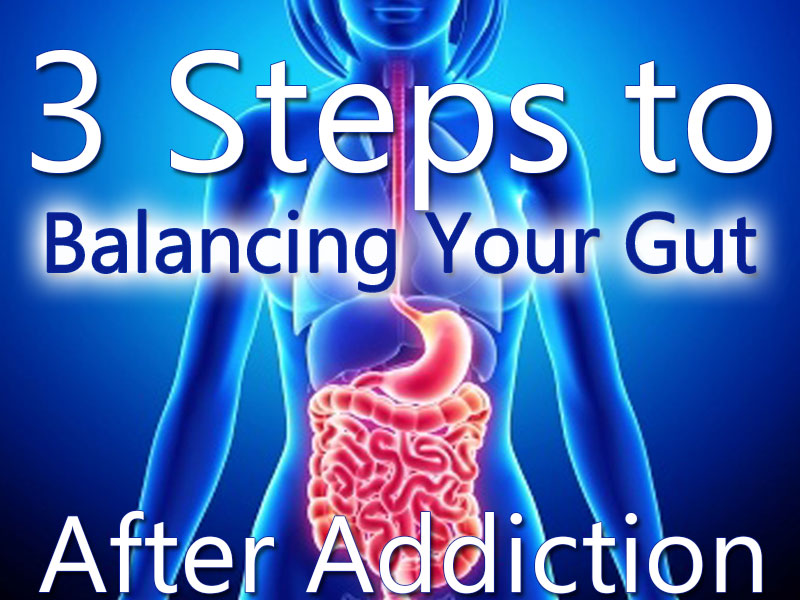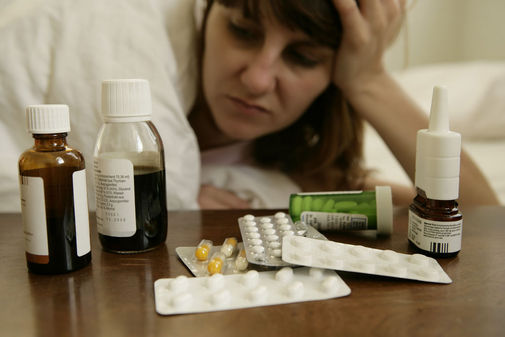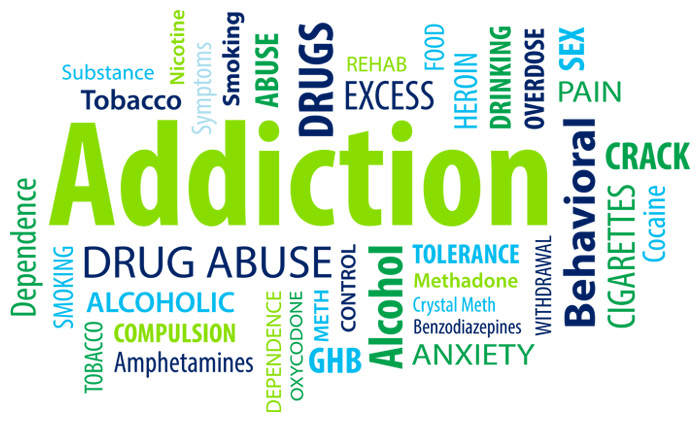Understanding crack cocaine effects

Understanding crack cocaine effects is important as it helps you have the facts about the dangers attached
Understanding crack cocaine effects: Physical and mental effects
The dangers of substance abuse is one that we can’t ignore any longer. Lives are being lost daily and families are breaking up. Economic business engagement is not left out either among those suffering. If nothing isn’t done in time, we may not have tomorrow. Because of that, we spoke to doctor Dalal Akoury MD President and founder of AWAREmed health and wellness resource center to help us in the understanding crack cocaine in our societies today. Having been in this discipline for over two decades, doctor Akoury is highly knowledgeable and will be of great help to you should you find time to share with her your concerns. As you’re considering that, we have both short and long term of how crack cocaine affects our lives.
Understanding crack cocaine effects: Short-term effects
Because it is smoked, the short-term effects of crack cocaine are more immediate and more intense than that of powdered cocaine as discussed below:
- Loss of appetite
- Tactile hallucination that creates the illusion of bugs burrowing under the skin
- Panic and psychosis
- Intense drug craving
- Increased rate of breathing
- Increased heart rate, blood pressure, body temperature
- Disturbed sleep patterns
- Depression
- Convulsions, seizures and sudden death from high doses (even one time)
- Contracted blood vessels
- Anxiety and paranoia
Understanding crack cocaine effects: Long-term effects
- Permanent damage to blood vessels of ear and brain, high blood pressure, leading to heart attacks, strokes and death
- Liver, kidney and lung damage
- Severe chest pains
- Respiratory failure
- Infectious diseases and abscesses if injected
- Malnutrition, weight loss
- Severe tooth decay
- Sexual problems, reproductive damage, and infertility
- Disorientation, apathy, confused exhaustion
- Irritability and mood disturbances
- Delirium or psychosis
- Severe depression
- Tolerance and addiction
Understanding crack cocaine effects: Effects on the young children
It is so painful that very innocent babies in their mother’s wombs become victims of cocaine. When pregnant women use cocaine in whichever form the mother and the unborn child will all be in danger. This may increase the risk of losing the pregnancy especially in the early stages of the pregnancy. The consequences of cocaine use by pregnant women may result in the unborn baby suffers a stroke, heart attack or have permanent brain damage.
Finally, all the medicines we use are drugs whose objective is to correct something about the way your body is working with a view of trying to making it work better. These drugs are sometimes necessary but all the same, they are still drugs: they act as stimulants or sedatives, and too much can kill you. So if you do not use medicines as they are supposed to be used, they can be as dangerous as illegal drugs. Therefore you must ensure that you are always seeking guidance from the experts to avoid doing wrong things. At AWAREmed Health and Wellness Resource Center under Doctor Akoury’s care you will get all the information and guidance you need and you will also be attended to by a team of experts who will focus on Neuroendocrine Restoration (NER) to reinstate normality through realization of the oneness of Spirit, Mind, and Body, Unifying the threesome into ONE.
Understanding crack cocaine effects: Physical and mental effects
http://regenerativepotential.com/wp-admin









